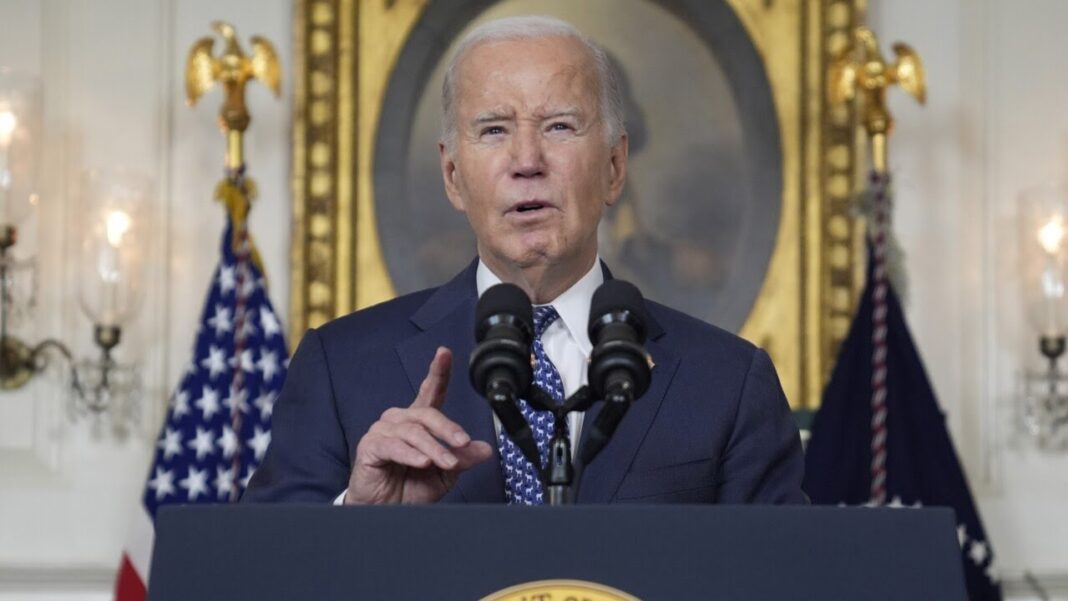Smaller but significant numbers are landing in Texas, New York, and California
President Joe Biden’s Department of Homeland Security (DHS) refuses to publicly identify the dozens of U.S. international airports for which it has approved direct flights from abroad for certain inadmissible aliens. At least 386,000 migrants through February have been allowed to fly to interior U.S. airports as part of a legally dubious admissions program the administration launched in October 2022. The rationale for the program is to “reduce the number of individuals crossing unlawfully” over the southern border — by flying them over it directly into the interior and then releasing them on parole.
But a Center for Immigration Studies (CIS) analysis of available public information on U.S. Customs and Border Protection’s (CBP) website, filtered to see Office of Field Operations (OFO) airport customs officer encounters with the nationalities chosen to receive this benefit, points out the airports that might account for most of the landings from abroad, if not necessarily the final destinations.
This early evidence suggests that a great many of these inadmissible alien passengers, probably a majority, initially land at international airports in Republican Gov. Ron DeSantis’s Florida. In fact, Florida turns out to be the top landing and U.S. customs processing zone for this direct-flights parole-and-release program, tallying at nearly 326,000 of the initial arrivals from inception through February.
Lesser numbers also are landing in the regions of Houston, New York, both northern and southern California, and the Washington, D.C., area, the data analysis reveals. But the data for Florida shows it to be heaviest for initial landings and migrant releases.
Public knowledge of where these flights deliver migrants should matter to local, state, and national leaders in cities struggling with migrant influxes, who could use the information to financially plan for their care, or petition the federal government to stop the flights. The information may also hold implications for litigation by Texas, Florida, and other states that have sued to stop the parole programs on grounds that the administration’s illegal abuse of the narrow statutory parole authority has directly harmed them.
By Todd Bensman








